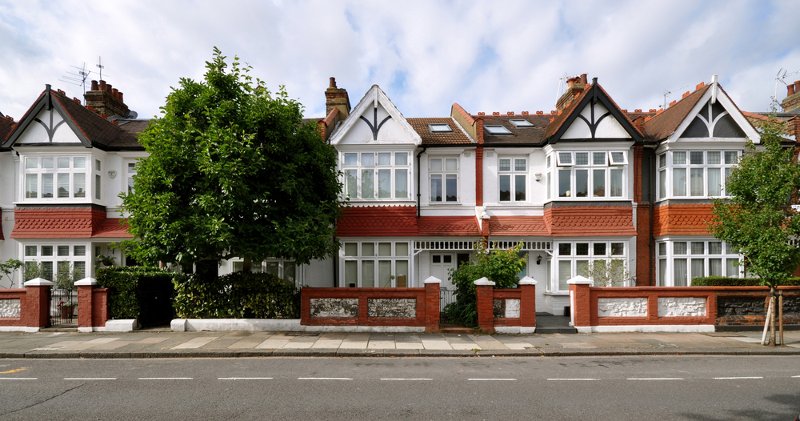Commercial Finance experts, ABC Finance analysed figures from the Resolution Foundation to find many young people don’t have the means to save for a deposit and can be left having to rent property with issues ranging from the dwelling itself to the landlord that maintains it.

Up to a third of millennials, people aged 23-38 as of 2019, may never be able to own their own home and have no other option aside from renting property their entire lives – while half are expected to rent well into their 40s.
Commercial finance experts, ABC Finance analysed figures from the Resolution Foundation to find many young people don’t have the means to save for a deposit and can be left having to rent property with issues ranging from the dwelling itself to the landlord that maintains it.
It's become less of a generational attitude and more down to the fact that property ownership is out of most people born after Generation X’s grasp - especially for those not born into a family of wealth or property assets.
One of the biggest indicators of whether or not someone is able to buy a house is their parents’ property wealth.
Over 50% of UK ‘Baby Boomers’ owned property by age 30, however, this figure has plummeted as less than 30% of millennials, who on average have less parental property wealth to rely on, as they hit the big 3-0.
The downturn of home ownership with younger people is down to a number of economic and social factors including a more complex job market, skyrocketing house prices and global financial instability.
Although rent is generally seen as more affordable, depending on location, the amount it takes from each month’s wage is often enough to prevent any chance of saving for a property of your own.
Increasing numbers of younger people in the UK are taking to shared accommodation as a more affordable solution – renting with friends or other people in similar situations to alleviate the stresses that rent can put on their finances.
Despite flat-sharing becoming less prevalent as people get into their 30s, over 25% of private single renters are still sharing accommodation by 35 according to data from the Department of Work & Pensions.
The time taken to save for a deposit is based on the monthly savings of 20% - the most widely recommended level of savings per month - of the average ‘millennial’ (23 to 38) earnings which is currently estimated to be £2,160 per month according to the Office of National Statistics.
This is to save up for the standard 20% deposit amount for properties around the UK.
According to ABC’s research and not surprisingly, the most expensive place to save for a deposit in the UK is Greater London, where you can expect to save for up to 15 years and 11 months. This is taking into account average monthly rent payments, which according to Homelet is £1,619pm, or a whopping 75% of the average millennials monthly salary.
The UK’s most affordable place to save for a deposit is in the North East, with the average deposit as low as £25,162 and average rent payments a manageable £515pm, or 24% of a millennials average monthly salary.
Here it would still take a young person earning the average salary of £25,920 nearly five years to save for the basic 20% deposit.



